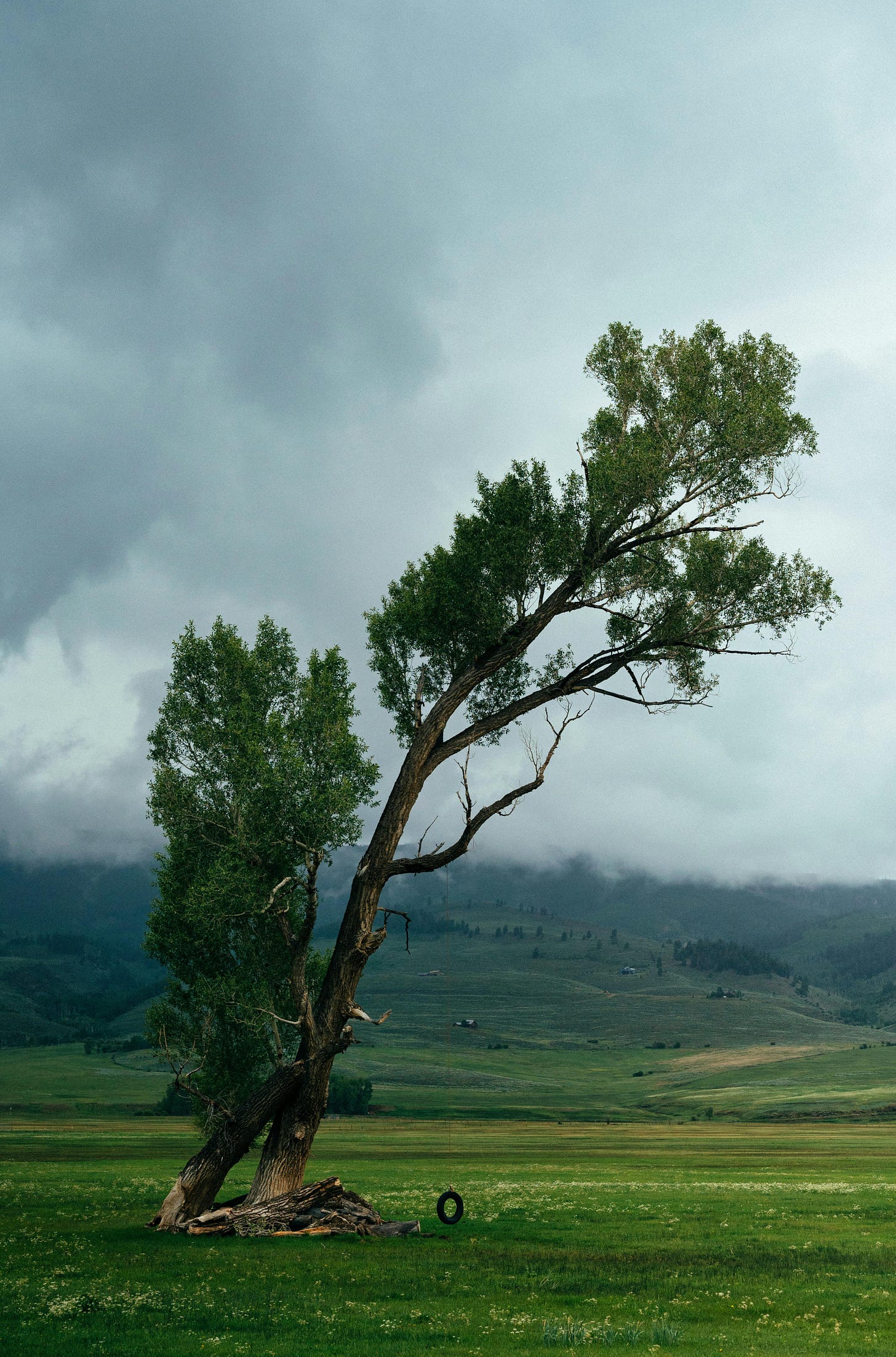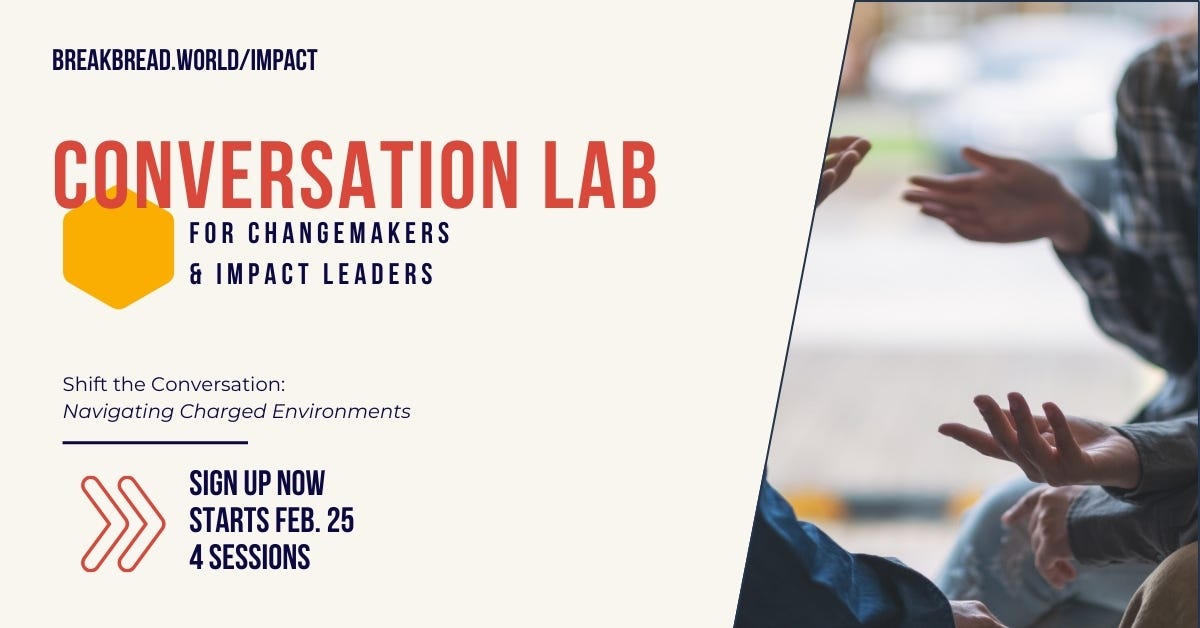The Listener Holds The Power, Part 1
There is a koan – an unanswerable riddle – if a tree falls in the forest and no one is there to hear it, does it make a sound?
This is not the place to expound upon the meaning of ancient koans but in the same spirit, if one person talks and no one listens, has a conversation taken place? Conversations are not spoken into existence but rather, they are “listened” into existence. The Conversation Activist knows that the listener holds the power.
The more you listen, the more there is to hear. Try it. Sit in stillness for five minutes and listen. Maybe you’re in a quiet room or a noisy bar. Listen, listen, listen. To the sound of your breathing. The chatter of your mind, the sensations in your body. Listen near. Listen far. Listen to the sound of the space around you. The traffic, or wind, or birds. A distant plane, the rustling of leaves, clinking glasses, the murmur of someone else’s voice. Listen, listen, listen.
When we reduce our concept of what conversation is to an “oral exchange of sentiments, observations, opinions, or ideas”1 where one speaks while another listens and then they switch roles, we reduce conversation to a transaction. The rich, fertile, depth that is the potential world of each conversation becomes more impoverished and bleak.
Active Listening and Deep Listening are two important concepts of listening. These generally involve suspending judgment and being more fully present with the other person in order to better understand their experience or point of view. One attempts to hear beyond words into the nonverbal level of communication to uncover deeper meaning, unspoken needs, and feelings.
The Conversation Activist goes one step further moving into a more embodied state of listening. This is the understanding of conversation as more than the words being said and the person who’s saying them. There are worlds speaking to us.
When the Conversation Activist listens they know that bodies, hearts and minds are speaking.
So is space — the room or location we are inhabiting. Time is also in the conversation — each participant’s past, present, and future. Even the conversation itself which is a co-arising creation has something to say.
When a tree falls in the forest, science and rationality argue that indeed a sound is made. So what? Why does it matter? What the listener’s participation brings to the falling tree is relationship, aliveness and meaning. And whether it’s a falling tree or a person speaking, the listener brings the critical piece to the dance of conversation. Why does this matter? Because with power like this, what kind of listener do you want to be?




